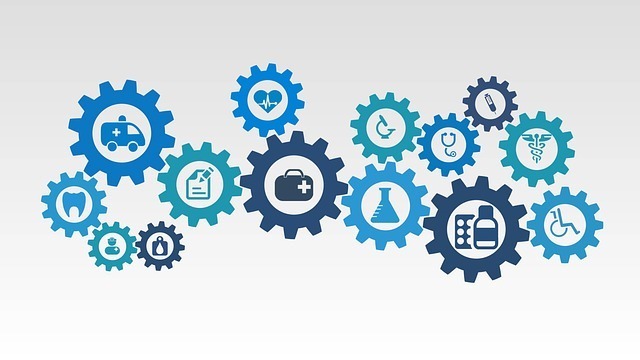
Click here to read this article in French
According to The Royal Society of Tropical Medicine and Hygiene (RSTMH), global health will face many growing challenges over the next 25 years. RSTMH polled specialists from the tropical medicine and global health community asking their opinion on what they think are the most pressing issues relating to global health.
The report offers a brief overview of specialists’ opinion at a time of political uncertainty and growing inequality.
Despite the fact of general negativity about recent global events, most of those surveyed are optimistic about global healthcare. When asked about which diseases will be eliminated over the next 25 years, 66.9 percent said polio followed by guinea worm (56.1 percent) and blinding trachoma (38.8 percent).
Nevertheless, it is important to keep in mind the future challenges facing global healthcare. These include climate change, growing drug resistance, emerging epidemics, and conflict. Another concern of the report is the increase of noncommunicable diseases (NCDs) such as cancer, cardiovascular disease, chronic respiratory diseases, and diabetes. These are responsible for 68 percent of global mortality.
The report also identifies five global health mega-trends that will have a large role in shaping health over the next 25 years: climate change, globalization, urbanization, demographics, and technology. All these challenges have to be in the mind of governments as they tackle global health issues.
The RSTMH provides recommendations to reduce healthcare inequalities around the world, and save and improve lives. One of the first priorities for global health specialists is to push for action to tackle climate change, as well as work together on reducing polluting emissions that cause health problems. For the purpose of curtailing NCDs, the majority surveyed strongly recommend that:
To read the full report, click here.
Image: pixabay.com by ar130405